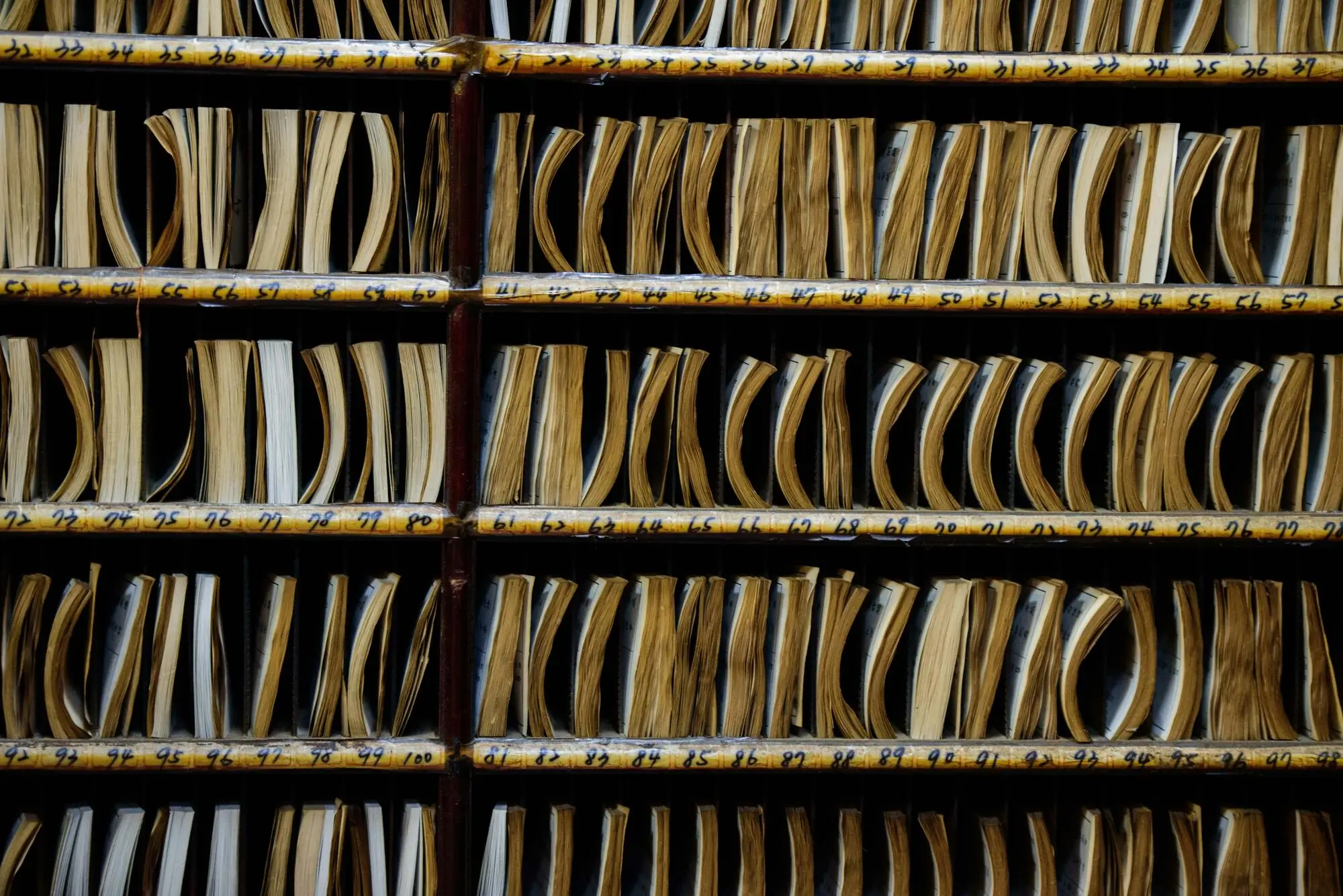You're a Riverside landlord juggling rent checks, repair receipts, and lease agreements across sticky notes and half-updated spreadsheets. Then tax season hits like a freight train. Suddenly, every misplaced expense and undocumented deposit becomes a liability.
Landlords often think managing a property is all about finding good tenants and fixing leaky faucets. But the real make-or-break game is in your books.
If your current "system" looks like a shoebox and a prayer, it's time to level up. Let's go through our top rental property accounting tips.
Why Proper Accounting Records Matter
A well-maintained accounting system strengthens your ability to track cash flow, understand profit margins, and manage expenses. This level of insight is essential when making strategic decisions about your rental properties. Whether you're planning improvements, adjusting rents, or evaluating long-term ROI, reliable financial records give you the clarity needed to act with confidence.
When your records clearly reflect each property's financial performance, it becomes easier to spot opportunities or address challenges before they get worse. Transparency with tenants is another critical benefit. Clear, accessible rental property accounting records foster trust and improve communication.
Organized accounting also simplifies tax season. With clean, consistent documentation, you're better prepared to:
- Handle deductions
- Report income
- Respond to audits or inquiries
A solid accounting system reflects well on you as a landlord. Professionalism isn't just about curb appeal-it's about how you manage every aspect of your business. Investors, lenders, and tenants all take notice when your operations run with efficiency and accuracy.
Financial Management Strategies: Keep Detailed Records of Every Transaction
Keeping clear, accurate rental income tracking records protects your investment and supports smooth operations. Start with lease agreements. Maintaining copies of every tenant's lease ensures you're operating within legal bounds and can quickly address any problems.
Income reports are another critical category. These should track every:
- Rental payment
- Late fee
- Additional revenue stream
Staying current on this front gives you a real-time view of cash flow and helps spot payment inconsistencies early.
Equally important are receipts for expenses. Every dollar spent on repairs, maintenance, or upgrades should be documented and filed. This not only helps with budgeting and financial forecasting but also makes things easier during tax season.
Always reconcile your accounting records with monthly bank statements. This habit ensures accuracy, flags potential errors or fraud, and keeps your financial picture clean.
Property Management Tips: Managing Your Finances Year-Round
Being proactive with your rental property accounting can save you headaches in the long run. Update your records frequently to avoid scrambling during tax season.
Set aside time each month to review financial statements and adjust your budget if necessary. Stay informed about relevant laws and regulations.
If you struggle, don't be afraid to hire a professional property management company.
Rental Property Accounting: Make It a Priority
Rental property accounting can be a hassle, but it's important to make it a priority. Use these tips, and you'll be sure to succeed!
Struggling to keep your rental finances straight? At PMI Riverside, we take the guesswork out of property accounting so you can focus on growing your investment.
From airtight recordkeeping to real-time financial reports, our team brings clarity and control to your books. Let us help you turn your rental data into smart decisions. Contact us today.


